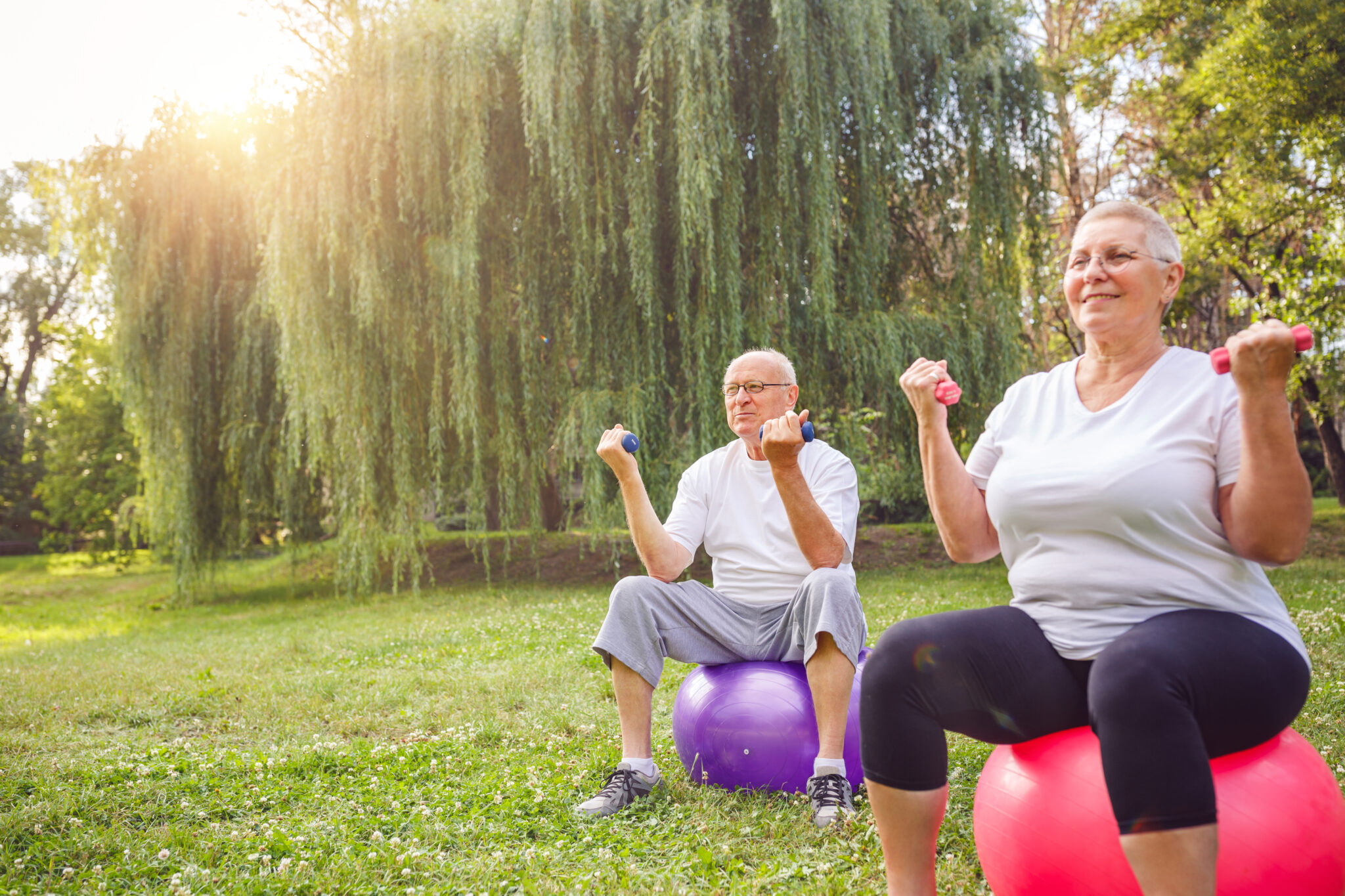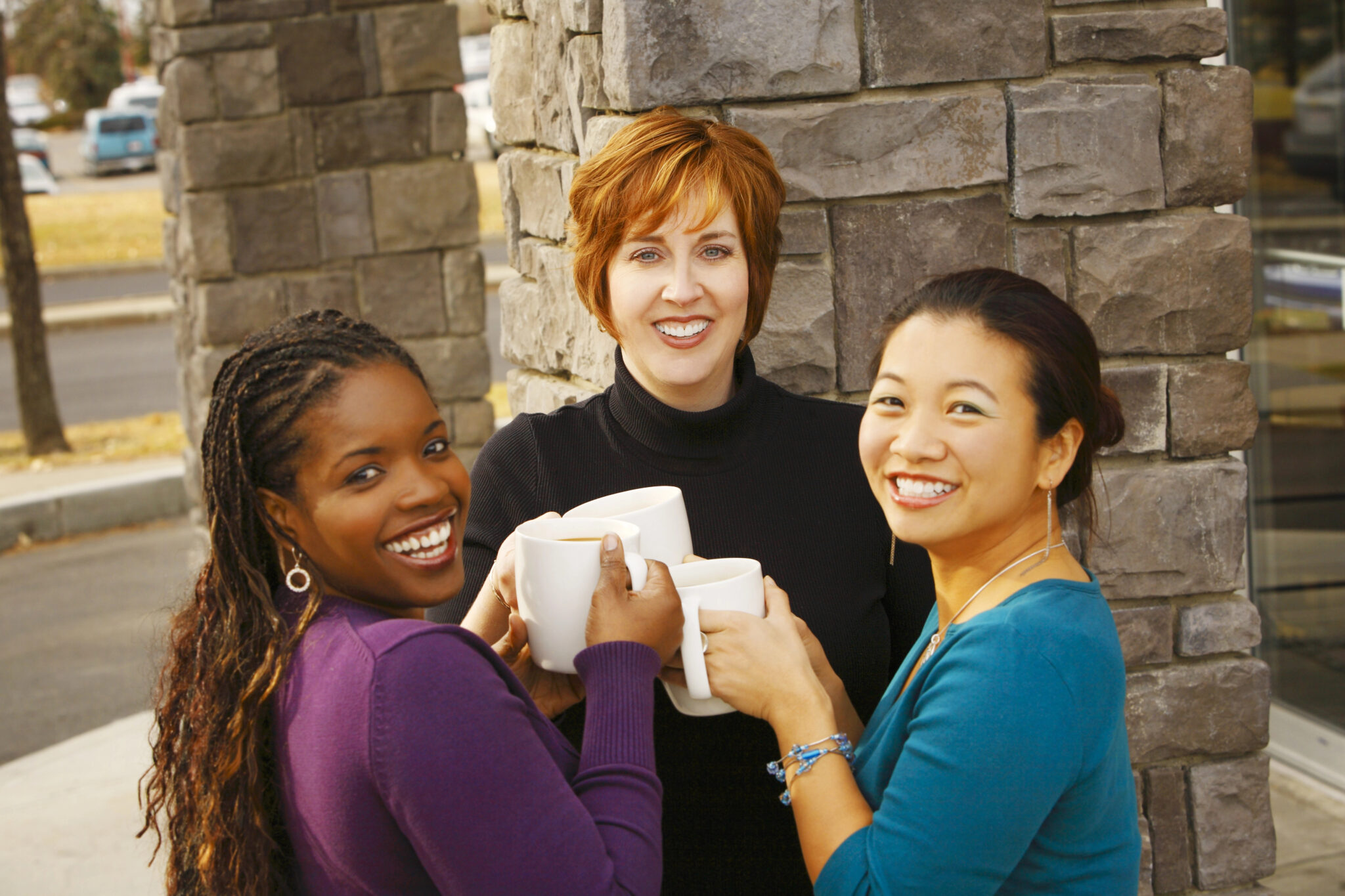Growing Older Is No Fun: 10 Moments That Made People Realize It.
Growing older is inevitable, but it’s not always easy.
As people age, they experience physical and mental changes that will be difficult to navigate.
From health issues to loss of independence, growing older is challenging for many individuals.
In this article, I will explore 10 moments that made people realize that growing older is no fun.
These moments are common experiences that many people face as they age, and they can be difficult to cope with.
By discussing these moments, we hope to shed light on the challenges of growing older.
1. Noticing the First Gray Hair

As people age, they confront myriad physical transformations, notably the emergence of gray hair, symbolizing the onset of aging.
This transition often prompts introspection as individuals grapple with losing their youth and vitality.
It serves as a tangible reminder of the passage of time, prompting contemplation about mortality and the evolving self-image.
While some embrace the change as a natural part of life, others may find it challenging to reconcile with their self-perception.
Ultimately, navigating these changes is a profoundly personal journey, encompassing acceptance, self-reflection, and resilience.
2. The Reality of Wrinkles
As people get older, they often notice wrinkles appearing on their skin, especially on their faces.
Wrinkles are natural and happen due to factors such as genes, spending time in the sun, and lifestyle choices.
Seeing wrinkles can make some people feel unsure about their looks, reminding them they’re getting older.
There might be pressure to look young, making it harder to feel good about wrinkles.
However, wrinkles can also show a life full of experiences. Accepting them can help people feel better about growing older and the journey they’ve been on.
3. Decreased Energy Levels
As people age, they may also notice decreased energy levels.
This can be caused by various factors, including hormone changes, decreased muscle mass, and a slower metabolism.
People may tire more quickly and need more rest than when they were younger.
This can be frustrating for some, as they may not be able to do the things they used to enjoy.
Overall, the physical changes that come with aging can be difficult to accept.
However, with the right attitude and lifestyle choices, people can still live happy and fulfilling lives as they grow older.
4. Health and Wellness Shifts
As people get older, they often face more health problems.
As arthritis, high blood pressure, and diabetes become more common, they can make it harder to do everyday things and require constant care.
Older adults also have a higher chance of falling or getting infections, which means they might need more medical help.
Managing these health issues becomes a big part of their lives, requiring regular check-ups and treatments.
Older adults must care for their health and get their support to stay safe and well.
5. Changes in Sleep Patterns

As we age, our sleep patterns may change, making it harder to rest well and stay alert during the day.
Our body clocks might also get confused, making it tough to fall asleep at bedtime.
In addition, our food needs can shift. We might need more calcium and vitamin D for strong bones but less salt and fatty foods to keep our hearts healthy.
It can be tricky to adjust to these changes, but it’s super important for staying healthy and feeling good as we age.
6. Relating to Younger Generations

People may find it difficult to relate to younger generations as they age.
This can lead to feelings of isolation and disconnection.
However, it is essential to remember that younger generations have unique experiences and perspectives.
By making an effort to understand and appreciate these differences, older individuals can bridge the generation gap and form meaningful connections with younger people.
7. Evolving Friendships and Relationships

As people age, their friendships and relationships may evolve. Some friendships may fade away, while others may become stronger.
This transition can be difficult, but it is essential to remember that change is a natural part of life.
By embracing these changes and staying open to new experiences, older individuals will continue to form meaningful connections with others.
Overall, social dynamics play an essential role in the aging process.
By staying open to new experiences and perspectives, older individuals can continue to form meaningful connections with others and lead fulfilling lives.
8. Financial Realities Hit Home
As people age, they become aware of changes in their finances, emphasizing the need for careful planning.
Retirement preparation becomes crucial, alongside budgeting for healthcare expenses.
Key financial concerns for older individuals include saving more for retirement, managing potential medical costs, and making wise investment decisions.
They also prioritize building emergency savings and choosing appropriate insurance coverage.
As retirement nears, these considerations become more urgent, underscoring the importance of lifelong financial literacy and prudent planning to ensure financial stability and security in later years.
9. Budgeting for Health Care Costs
As people age, their healthcare costs tend to increase.
This can be a significant financial burden for many individuals, especially those on a fixed income.
Budgeting for health care costs becomes necessary, and individuals need to plan to ensure they can afford the care they need.
One way to budget for health care costs is to purchase long-term care insurance.
This insurance can help cover the cost of nursing home care, which can be very expensive.
10. Finding New Hobbies and Passions

One way to stay active and engaged in retirement is to find new hobbies and passions.
This can be a great way to explore new interests and learn new skills.
Many retirees find that they have more time to pursue their passions and can even turn them into a second career.
Some popular hobbies for retirees include gardening, woodworking, painting, and traveling.
These hobbies can provide a sense of purpose and fulfillment and help retirees stay active and engaged.
Also See: 12 Holiday Shopping Tips For Elders







